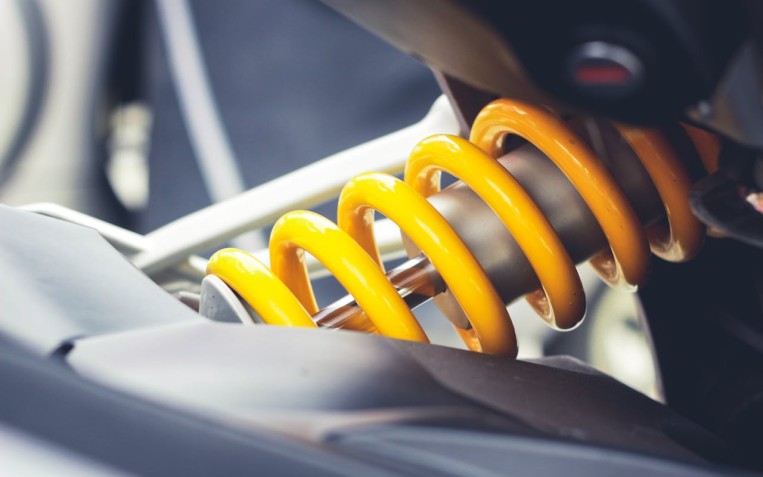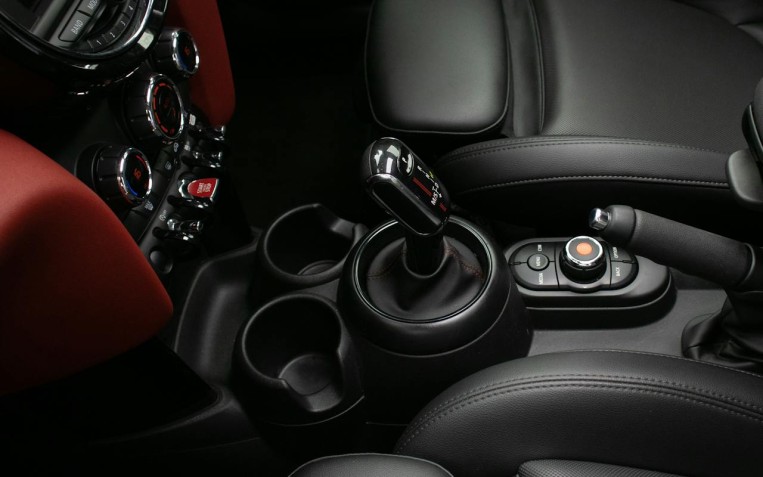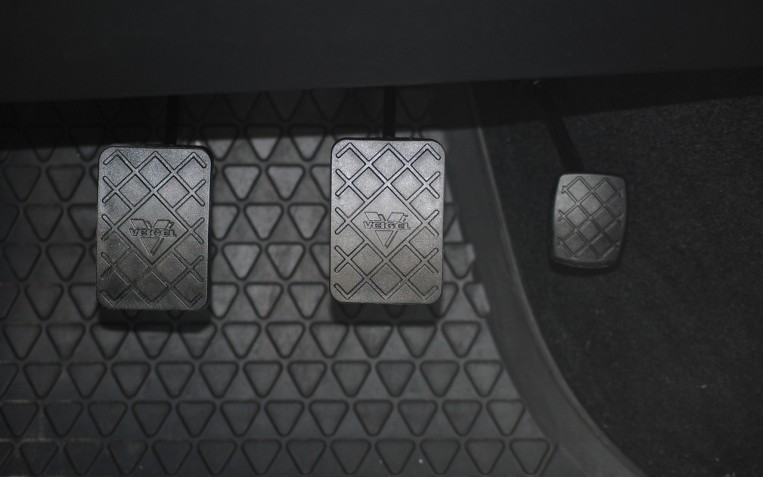What to do when your car overheats

Having your car overheat can be distressing, and it’s a good indicator that something could be wrong with your vehicle. There are various reasons as to why your engine may overheat, however, there is most likely a problem with the car’s cooling system, meaning heat cannot escape the engine.
This could be caused by a faulty radiator fan, a broken water pump, a clogged coolant hose, or a cooling system leak. An overheating engine is not only a nuisance but can also cause serious damage to your car. In our informational guide, we discuss how to combat your car overheating effectively.
Signs you have an overheating engine:
- Temperature gauge - one of the first symptoms that your car’s overheating will likely be your engine temperature gauge spiking in the red, or showing an ‘H’ symbol. However, you should consult the car manufacturers guide as symbols may vary.
- Steam or smoke - if you spot steam or smoke rising from under the car hood, this is also a sign of an overheating engine and you should stop driving as soon as it’s safe and possible.
- An unusual smell coming from your car - a leaking coolant will most likely smell sweet, whereas leaking oil usually has a burning smell.
What to do when your car overheats
- Turn off the A/C and crank up the heater - although it may sound illogical, by switching off the air conditioning, you will take pressure off the engine. By turning the heater on, you allow for any excess warmth to be redirected into the car.
- Safely pull over - you should then find a safe place to pull over as soon as possible, so you can turn off the engine. Then, leave the engine to cool for at least 15 minutes – during this time, your temperature gauge should return to normal.
- Open the hood - take extra care when doing this step, as you could get burnt by the hot steam blasting out. However, opening the hood is good for releasing trapped heat and allows the engine to cool down.
- Add a coolant - if your coolant level is running low, quickly refilling it could prevent your car from overheating in the near future and get you moving again.
- Turn your ignition on – when your temperature gauge has returned to normal, only then you should turn your car engine back on.
After this ordeal, you should get your car to your local repair shop or garage as soon as possible. If, instead, you don’t action this immediately, the root of the issue will most likely damage your car in the long run, and could cause engine failure.
The best way to prevent an overheating engine is to have regular maintenance checks on your car - by doing so, you can keep up to date on coolant flushes and exchanges, as well as radiator maintenance. You can book a service with one of our garages. For any other motor-related queries, do not hesitate to get in touch with our specialist team.
Related Content

Should I have soft or stiff suspension springs for my vehicle?
Suspension springs are essential for maintaining your vehicle’s stability and ride height. Over time, the springs will succumb to wear and tear, which affects how your car handles, brakes and accelerates on the road. Discover whether you should...

What is engine braking?
Engine braking involves taking your foot off the accelerator pedal, allowing your car to slow down. Over time, the parts on your vehicle’s braki...

A guide to the different types of car clutches
The clutch is responsible for channelling the power from the engine, through to the gearbox, and the wheels. Your vehicle's clutch will differ dependi...

